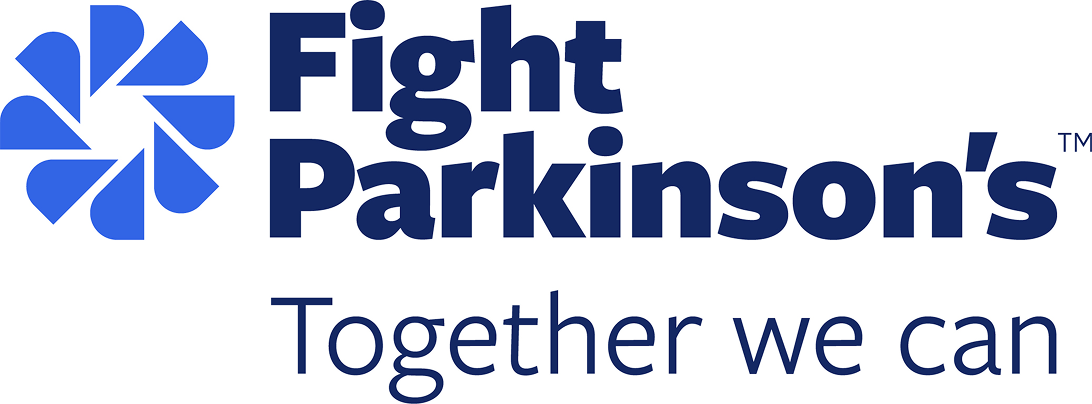Communicating with others is something that many people take for granted. However, Parkinson’s can cause difficulties with communication which might impact on various parts of your life.
Just as Parkinson’s affects the muscles needed for movement, it also affects the muscles needed for communication. People with Parkinson’s can have different problems with their communication including speech, facial expressions, and handwriting.
How Parkinson’s affects speech and communication
Some people with Parkinson’s will not experience speech and non-verbal communication difficulties. However, a large number of people do develop problems. The stage when these problems might emerge is different for everyone and the symptoms will vary from person to person but may include:
- Reduced volume of speech
- Slurred speech
- Fast speech
- Difficulty articulating words
- A monotonous tone
- A hoarse or unsteady voice
- Small, spidery handwriting (known as micrographia)
- Reduced facial expressions
- Reduced body language, including hand gestures.
Managing speech and communication difficulties
For some people, Parkinson’s medications such as levodopa can help to improve speech and communication difficulties. Sometimes communication can be affected by the ‘on/off’ periods of your medication. Make sure you notify your specialist if you have noticed any changes to your communication.
Useful tips
Simple ways to help improve your voice are:
- Stay relaxed when you talk, so you can put your efforts into speech
- Keep good posture when you talk
- Imagine that you’re speaking in a big room and try to talk louder (without shouting)
- Speak slowly and try to make each word as clear as possible
- Keep sentences short and stress key words
- Try not to feel embarrassed about your speech, and continue to socialise with family and friends
- Try singing regularly as it’s a great way to exercise your voice and breathing muscles
- Seek advice from a speech pathologist if you or your family still have concerns.
Changes to handwriting can be frustrating, but there are some things you can do to make it easier:
- Use pens and pencils with a thicker grip, so they’re easier to hold
- Wear a weighted cuff around your wrist if you have a tremor
- Write on lined paper
- Write in capital letters
- Place your notepad on a non-stick mat so that it doesn’t slide around as you write
- Take your time – write for a short period, then rest before starting again
- Instead of writing things down, try using the voice recorder on your mobile phone.
Speech pathology
A speech pathologist is a healthcare professional that can help with all aspects of communication including facial expressions, speech and body language. It’s recommended that you see a speech pathologist soon after diagnosis. By seeking help early on, the speech pathologist can assess your difficulties and suggest specific strategies to improve speech.
Even if you’re not yet having problems with speech, they may pick up subtle changes that you haven’t noticed and can make suggestions for preventing problems from developing later on. The therapy recommended by a speech pathologist depends on the problems you might be having. Some forms of therapy might involve exercises to:
- Increase speech volume
- Improve speech clarity, articulation and tone
- Improve rate of speech
- Coordinate breathing and speech
- Improve non-verbal communication, such as facial expressions.
If speech and communication become severely impaired in the later stages of Parkinson’s, the speech pathologist can also help to identify special pieces of equipment that might be useful such as voice amplifiers or electronic communication aids.
Support for you
- Call the Fight Parkinson’s Information Line on 1800 931 031
- Email: [email protected]
- Learn more about speech pathologists.

